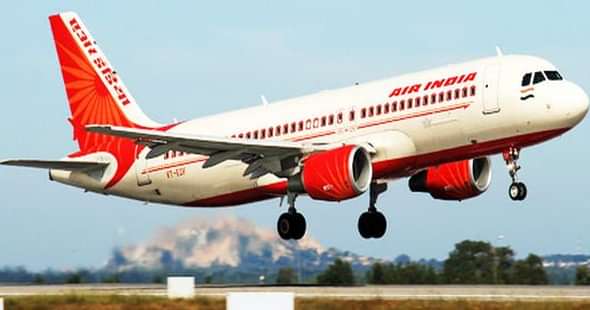
The national carrier of the country, Air India, is planning to come up with the establishment of an aviation university that will not only provide a number of course programmes to students but will also add to its revenue system in the long term.
The airline officials revealed the airline is already exploring alternative options to set up a university as a way to improve its financial condition.
The main idea behind setting up an aviation university:
- Aviation training programmes for pilots
- Specific programmes for cabin crew
- Enabling operations staff to carry out functions effectively
- Providing practical training to the engineering staff with respect to the airline industry
Also Read: Aviation Courses Available after Class 12: Eligibility, Duration and Scope
The Chief Managing Director (CMD) of Air India, Mr. Ashwin Lohani reported to the Press Trust of India (PTI) that it is looking forward to creating a world-class university and is planning to make it heavily commercial in the following ways:
- Other airlines will be allowed to utilize the resources (infrastructure, faculty etc.).
- Pilots from various airlines will be inducted for type rating (i.e. training for a specific aircraft type).
- University will offer diploma as well as certificate courses initially. Later, degree courses will also be launched as per plan.
Air India has approached the Educational Consultants India Limited, also known as EdCIL with the purpose of assessing the possibility of converting its Central Training Establishment (CTE) located in Hyderabad into a deemed-to-be-university. EdCIL will carefully take into account the various aspects and is likely to submit a report thereafter within two-three months, revealed Air India’s Executive Director of Training, Captain Amitabh Singh.
Once the report is out, further decisions in this regard will be taken. If viable, the setting up of a full-fledged university will take about two to five years.
Also Read: How to Become a Commercial Pilot?
At present, the CTE offers courses targeted at engineers, pilots, cabin crew, cargo managers, flight dispatchers, commercial personnel, aviation security staff, medical officers for aviation etc.


 Follow us
Follow us













